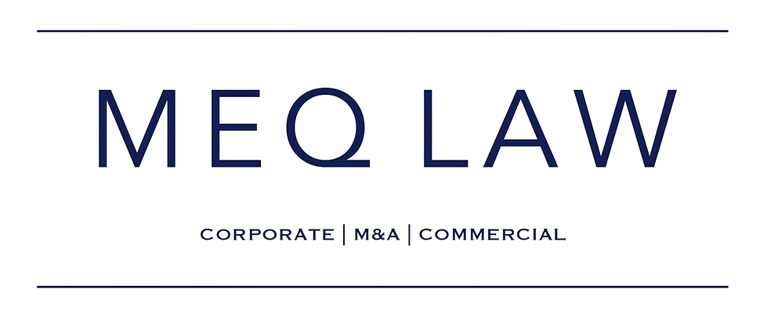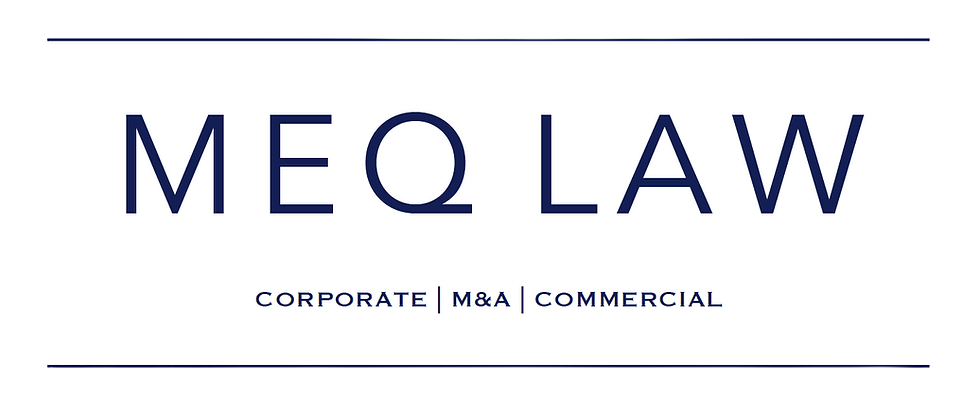Corporation vs. Partnership vs. Trust: Choosing the Best Business Entity
Establishing a business involves a myriad of vital decisions, one of the most significant ones being the choice of the business entity. The structure of your business can influence everything from day-to-day operations to taxation and liability exposure. The three most common types of business entities are Corporation, Partnership, and Trust. This article looks at these three entities, their benefits, and drawbacks to help you make an informed decision when setting up your business.
Corporation: Limited Liability with Potential for Growth
A corporation is a separate legal entity owned by shareholders, established under federal or provincial laws. Arguably the most significant advantage of incorporating is limited liability. Shareholders are not personally liable for the corporation's debts, which can protect personal assets in the event of business failure or a lawsuit.
Corporation profits are taxed at corporate rates, which can be lower than individual tax rates. It is also easier to raise capital by selling shares or issuing bonds. Additionally, corporations have an unlimited lifespan and can continue even if shareholders or directors change.
However, corporations also face drawbacks, including potentially higher costs, both for setting up and ongoing administration. They are also subject to more regulation and must adhere to strict corporate governance protocols. For instance, corporations are required by law to maintain meticulous records of meetings, business transactions, and more.
Partnership: Shared Responsibility and Flexibility
Partnerships involve two or more people sharing ownership of a business. Partnerships can be further categorized into general partnerships, where all partners share liability and management duties, and limited partnerships, where liability and management roles are divided among general and limited partners.
Partnerships offer a straightforward and flexible management structure. Profits and losses are shared among partners and taxed on individual tax returns, avoiding the double taxation issues of corporations.
However, general partners share personal liability for the partnership's debts, which can put personal assets at risk. Also, any disagreements or disputes among partners can lead to business instability.
Trust: Security and Asset Protection
Trusts are entities where a trustee holds property or assets for the benefit of others, known as beneficiaries. Trusts are generally used for investment, estate planning, and asset protection purposes.
The primary advantage of a trust structure is the separation of control and beneficial ownership. This separation can provide significant asset protection benefits and succession planning advantages.
However, trusts can be complex to set up and expensive to maintain. There may also be potential conflicts between trustees and beneficiaries, and resolving these disputes can be costly and time-consuming.
Choosing the Best Business Entity
There is no 'one size fits all' solution when it comes to choosing a business entity. The best choice will depend on the nature of your business, your financial situation, and your long-term goals.
At MEQ Law, we provide tailored solutions that fit your unique business needs. Whether it's guiding you through the intricacies of a corporation, helping you navigate the dynamics of a partnership, or advising you on the complexities of a trust, we're here to help.
We invite you to contact us today to discuss your business needs and find out how we can help you make the best decision for your business entity.
Disclaimer: This blog post is intended for general informational purposes only and is distributed on the understanding that it is not a comprehensive statement of the law of any jurisdiction. It does not constitute legal advice and must not be used as a substitute for obtaining such advice from qualified counsel. Statements and analyses in this post are of a broad and general nature only and may differ from positions taken by the firm or its members in specific situations.











